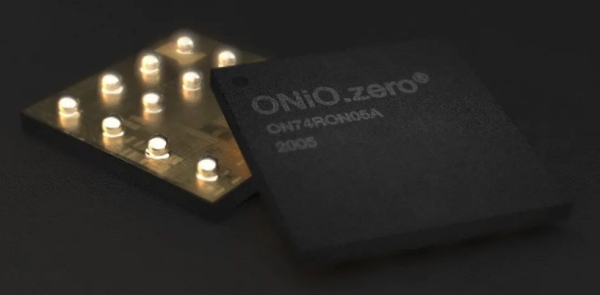It’s becoming quite obvious that traditional batteries are limiting the progress of IoT devices. They are expensive, they contain harmful chemicals and most importantly All-Batteries-Will-Die. Vemund Kval Bakken chief technology officer and co-founder at ONiO say the real problem with the battery approach to IoT comes when you actually consider the battery shelf life as well as the environmental aspects. A battery shelf life between 5 to 10 years means that 99% of the batteries’ capacity was depleted during storage. The shelf life degrades significantly to less than 5 years in temperate regions due to much higher leakage. There are obvious solutions to this problem, you could just use a charger, or, you could use very specific battery topology or chemistry. Both make the devices quite expensive and difficult to export. They hinder the Deploy and Forget vision for IoT devices.

His team has created ONiO.zero to address this problem. In their own words,
ONiO.zero is an ultra-low-power wireless microcontroller that uses energy harvesting technology. It operates solely with energy from its surroundings. No coin-cell, no supercapacitor, no lithium, no battery at all”.
In practice, there are no limitations on the lifetime of the chip. Also, while traditional solutions require about 15 external components and inductors to work. ONiO requires just one. This implies tremendous savings for your Bill of Materials.
The real promises here are fewer components and smaller designs, which is needed in a wide range of solutions, watches, wearables, machine parts – you name it. But more importantly, it means greener and more climate-friendly devices.
Read more: ONIO.ZERO MICROCONTROLLER RUNS WITHOUT A BATTERY
